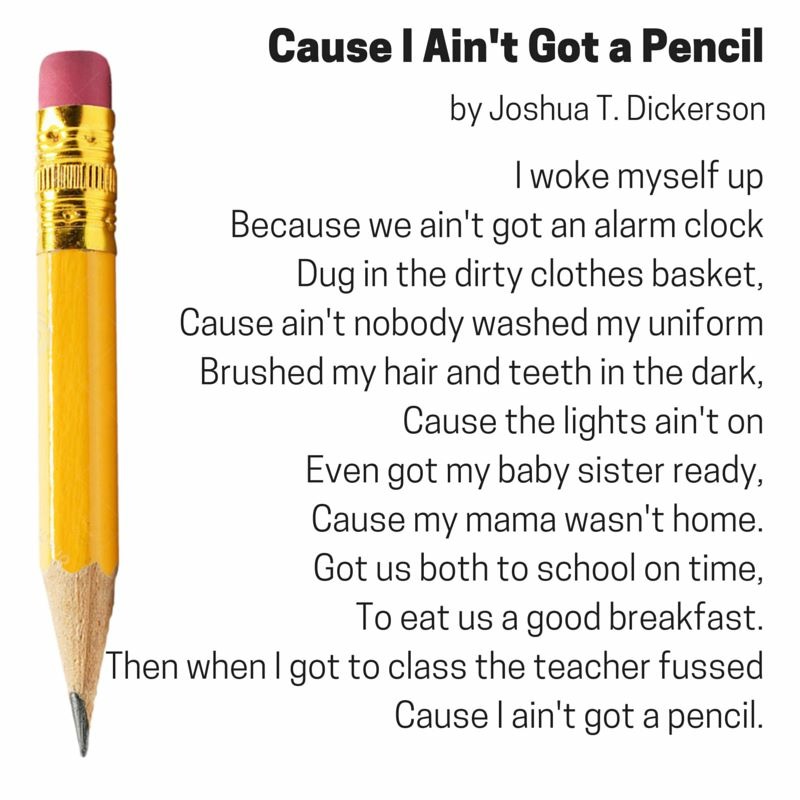“I hope Walmart is still hiring by the time Malik turns 18, because that is the only place where he’ll be working!” This is an example of the sentiments that some teachers share in the staff room as they gossip about student aptitude, intelligence and behavior. Working in the inner city, I have heard countless middle-class, white educators prophesize about the potential of students. These projections almost always boil down to an analysis of a student’s character. Do they come to class prepared? Are they engaged in the learning process? How, exactly, do they represent themselves in a “learning environment”? Almost always, these judgments are based on the narrowed and limited views of a “student”. But students are people first. When you are stuck teaching students day in and day out, it is easy to forget that your students are more than pupils existing in your class from 8:30 a.m until 3:30 p.m from Monday to Friday. It’s easy to forget that they have lives outside of your classroom. It is easy to forget that those lives they live outside of school are more important to them than the ones they live inside your 70 minute class.
We tend to forget that these “students” are also “human beings”. The education system tries to present itself as an institution based on objectionable judgments and merit-based standards, but behind the semantics, there is still the reality of human (again, often middle-class and white) teachers teaching human (in many districts, lower-class minority) students. It is hard to be faithfully objective when your culture does not align with a student’s culture. Many disregard the cultural discrepancies through logical rationale about the dichotomy between the student vs. the teacher. Teachers are the adults, students are the kids – so in the greater scheme of things, the adult opinion, impressions, and subjectivity will always prevail. So when a student demonstrates that he is “not prepared for class” by not bringing a pencil, to the teacher it indicates an apathy towards school and towards that teacher in general.
Teachers often forget that school is just a portion of a student’s lived experience. Teachers place homework, tests and attitude towards school on a pedestal while forgetting that kids spend the majority of their time away from school – at home, with family, tending to situations that do not require a pencil and paper.
Teaching requires an open mind. Not only to new pedagogies, teaching methods, and curriculum, but to an understanding that being a teacher requires an open mind to education through validating each and every student experience. If you, as a teacher, are willing to look beyond Malik as a student an actually think of him as a person, then maybe you would understand why he didn’t bring a pencil to class today.
[share title=”Share this Post” facebook=”true” twitter=”true” google_plus=”true”]

